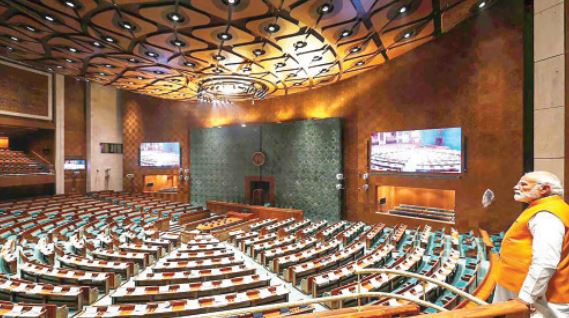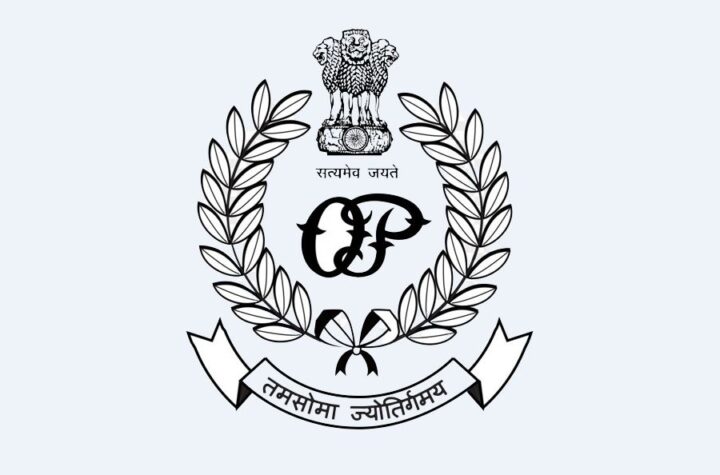New Delhi: Three crucial bills that would replace India’s colonial-era criminal laws were passed in the Lok Sabha today, virtually in the absence of the Opposition. The Bharatiya Nyaya (Second) Sanhita, 2023, the Bharatiya Nagarik Suraksha (Second) Sanhita, 2023 and the Bharatiya Sakshya (Second) Bill, 2023, will replace the Indian Penal Code of 1860, Code of Criminal Procedure (CrPC) of 1973 and Indian Evidence Act, of 1872. The laws were passed without any substantial debate owing to the suspension of 143 Opposition members following protests over the recent security breach. The numbers of suspensions in the Lok Sabha reached 97 today, with the suspension of two more MPs. The issue has snowballed into the latest flashpoint between the government and the Opposition following the mimicry of Rajya Sabha Chairman and Vice President Jagdeep Dhankhar by a Trinamool MP. Insisting that the new laws will replace the colonial era rules that are completely unsuitable for this day and age, Union Home Minister Amit Shah said today that the new bills lay “emphasis on Indianness, the Indian Constitution and the well-being of the people”. “I have gone through every comma, full stop of the new criminal laws,” the minister said, insisting that they were in consonance with the spirit of Constitution. The bills were withdrawn after the monsoon session and three new bills introduced, as a few changes were to be made, Mr Shah said. The new bills have been examined by the Standing Committee and instead of coming up with official amendments, it was decided to bring the bills again. The Opposition has alleged that suspension of MPs is the government’s ploy to pass key bills without any discussion. The criminal law bills were vehemently criticised by several Opposition parties including the Congress, Trinamool Congress and the DMK. The Congress wanted a larger public debate on the bills that would involve judges, jurists, lawyers, criminologists and other stakeholders including the general public. The parties further said that many sections of the new criminal bills are identical to the colonial laws that the government claimed to have removed. The Opposition also criticised the Hindi names of the laws, saying it was a äffront” to the non-Hindi speaking people. They also wanted the bills passed after the general elections next year. At least eight opposition members had filed separate dissent notes opposing various provisions of the bills. Mr Shah said the new laws will cut down the time taken to reach a court verdict by making the whole process time-bound. The redrafted laws also include a change in the definition of terrorism, making it more broad-based.
Exclusive
Breaking News
 LS elections: 4th phase polling records 63 pc turnout
LS elections: 4th phase polling records 63 pc turnout
 ‘Still poor country’: India going to become third largest economy in world
‘Still poor country’: India going to become third largest economy in world
 Viksit Bharat, Viksit Odisha: PM Appeals to State People to Vote for BJP
Viksit Bharat, Viksit Odisha: PM Appeals to State People to Vote for BJP
 Odisha Crime Branch arrests 3 Directors of 2 Fintech companies for Cyber Fraud
Odisha Crime Branch arrests 3 Directors of 2 Fintech companies for Cyber Fraud
 AstraZeneca withdraws Covid-19 vaccine globally, months after admitting rare side effects
AstraZeneca withdraws Covid-19 vaccine globally, months after admitting rare side effects






More Stories
LS elections: 4th phase polling records 63 pc turnout
‘Still poor country’: India going to become third largest economy in world
Viksit Bharat, Viksit Odisha: PM Appeals to State People to Vote for BJP